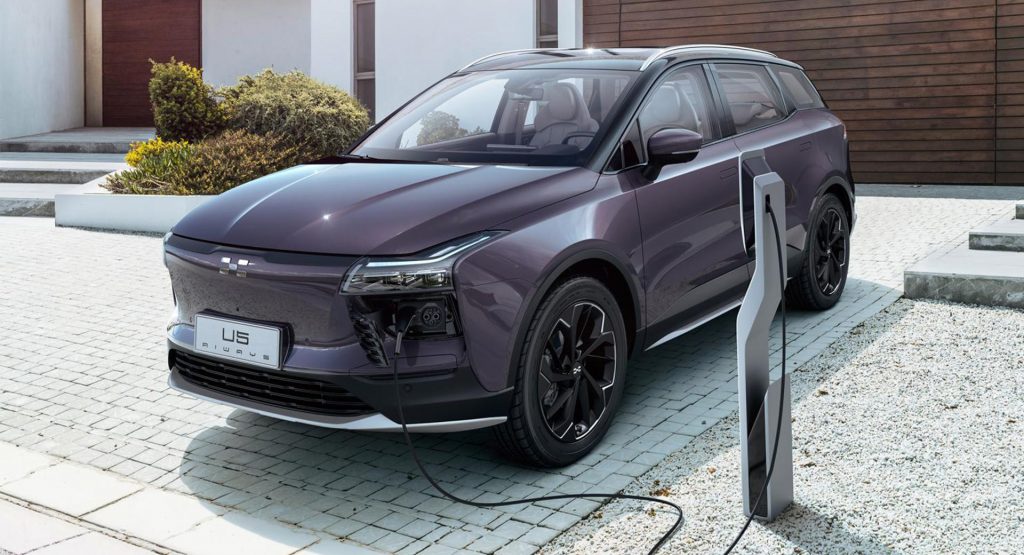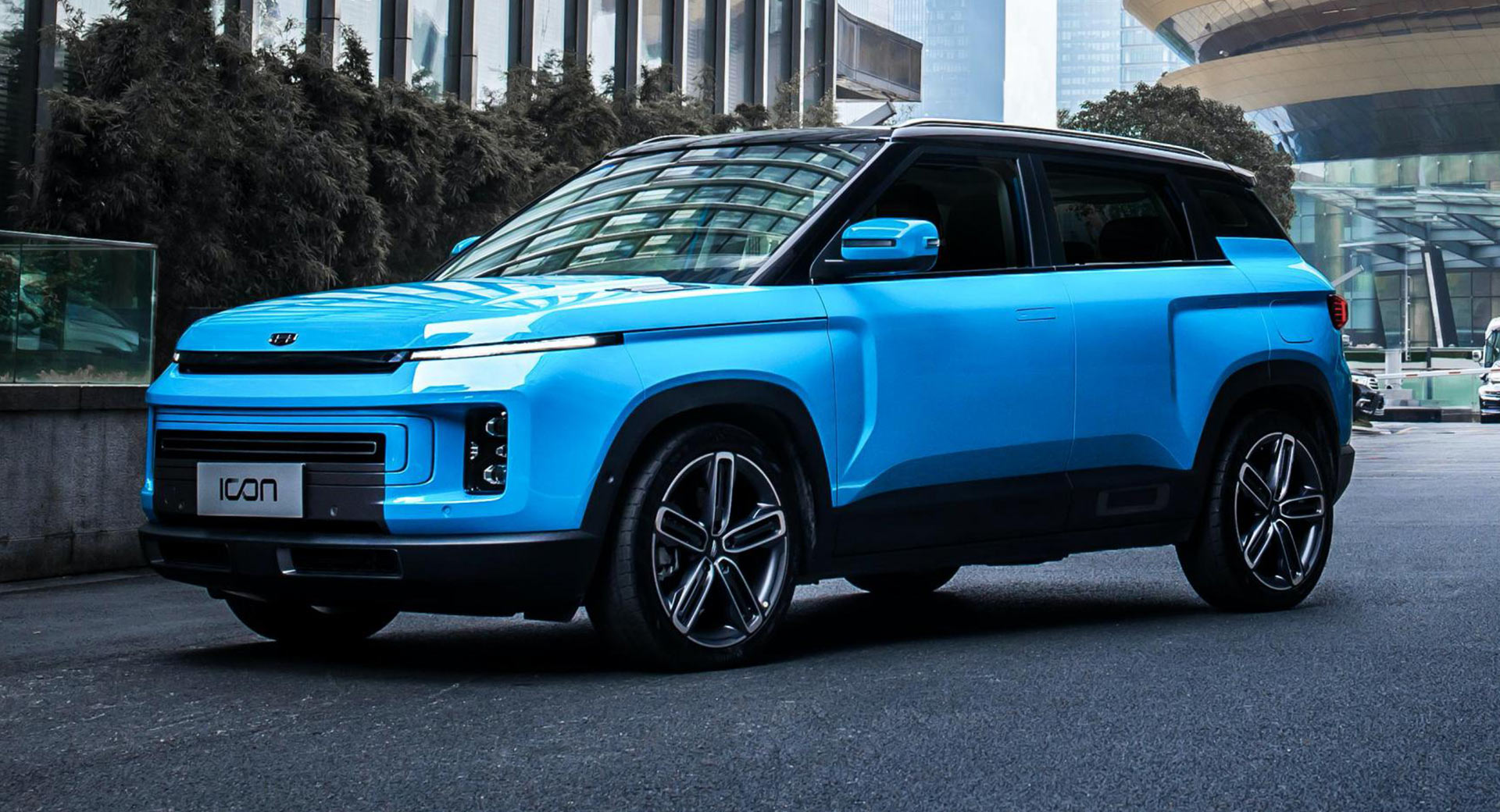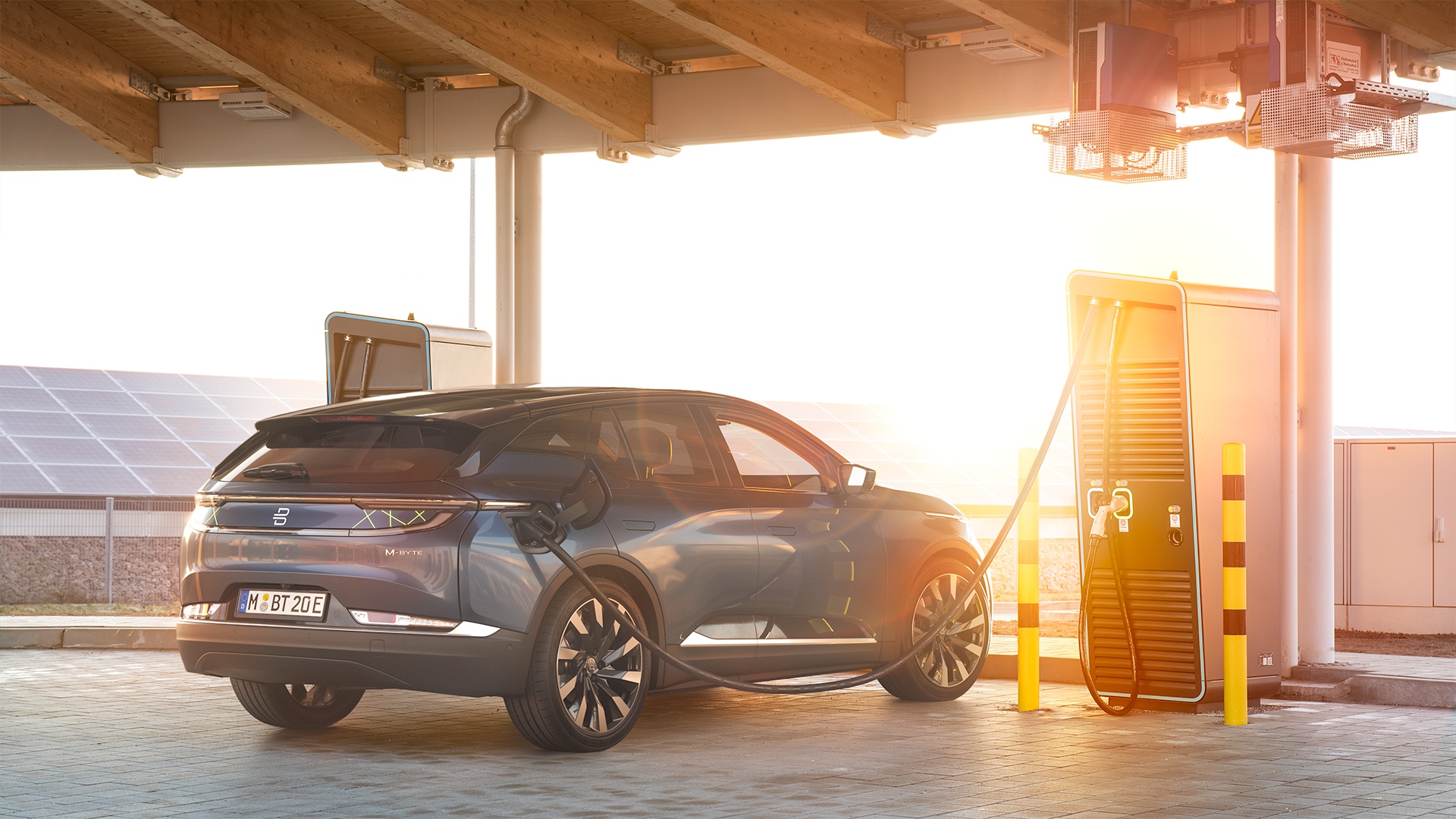China will extend subsidies and tax breaks on new-energy vehicles across the country by two years but industry observers claim this is unlikely to boost the slumping market.
A report from The South China Morning Post says that both policies were expected to be axed this year but given the current situation, the State Council, China’s cabinet, decided to extend them until 2022. Current new-energy vehicle subsidies sit at 25,000 yuan ($3,531) per vehicle with buyers also benefiting from a 10 per cent purchase tax exemption.
“Consumers were expecting an increase in subsidies … this [extension] will have a limited impact on the market,” sales manager at Yiyou Auto Service in Shanghai, Tian Maowei, said of the announcement.
China’s economy is poised for its slowest growth rate in four decades while car sales are tipped to decline for the third consecutive year following the outbreak of the coronavirus that has officially infected 83,059 people and killed 3,305 in the country.
Read Also: China’s Auto Industry Doing All It Can To Coax Back Shoppers
Consumers across the Peoples Republic had already been wary of making big purchases prior to the pandemic because of the trade war between the United States and China. While some parts of China are slowing coming out of lockdown, car production and sales aren’t expected to jump as the virus outbreak continues to heavily affect other parts of the world.
“It is not easy to predict how big the fall in the mainland car market will look like in 2020,” Gao Shen, an independent manufacturing industries analyst, told the publication. “Covid-19 has become a pandemic and it is inevitable that the downward spiral will continue throughout the whole year.”
Last year represented China’s second consecutive year of declining sales with sales falling by 8.2 per cent to 25.8 million units.
“The virus is spreading fast and is souring efforts by carmakers to halt a slide in the industry,” said engineer Peter Chen from components maker TRW. “The coronavirus outbreak will further knock the market down, as it disrupts supply chain and dents consumers’ buying interest.”





